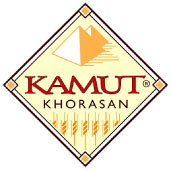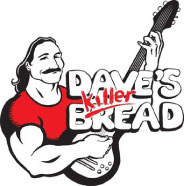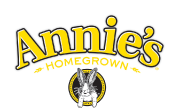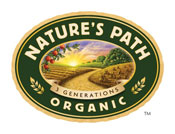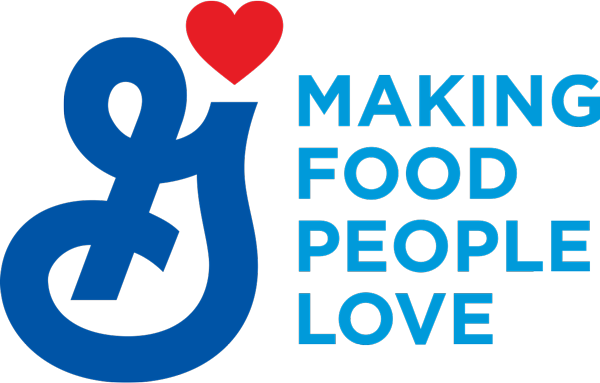The Vilicus Farms Network
Bringing a New Generation of Land Stewards to the Northern Great Plains
Vilicus Farms Apprentice opportunities are training and mentoring programs that immerses highly motivated young professionals in organic farm operation and management – a journey that culminates in a career as a highly skilled and valued farm team member or farm/enterprise manager at Vilicus Farms or on another operation. Launching as an independent farm owner/operator is also a possibility with additional curriculum and on-farm training.
Doug and Anna understand the challenges of taking a farm from vision to reality. Through the Vilicus Farms apprenticeship program they hope to give those who want to pursue a career in organic agriculture and aspiring farmers a real opportunity to be part of a large-scale organic dryland crop farm in the Northern Great Plains.
“It’s one way we are paying forward the support and cheering we had to start our own farm”
Vilicus Farms’ supportive network of likeminded farmers, academic and government institutions, environmental advocates, and organic food companies is dedicated to creating new organic farm professionals.
As a Vilicus Farms apprentice you will gain:
EXPERIENCE: hands on organic farm operation and management training
ACCESS: from pre-season to harvest you will learn from the extensive Vilicus Farms network
SUPPORT: extended mentorship and career development into the future
The ultimate vision of the apprenticeship is to grow from one model organic farm to a self-perpetuating system of farms and land stewards that will shift agriculture for the better on the Northern Great Plains.
Apprenticeship Opportunities
New Agrarian Apprenticeship
An intensive immersion apprenticeship into day-to-day organic farming operations. New Agrarian Apprentices will work side-by-side with the Operations Foreman, farm owners, and other staff to achieve the goals of Vilicus Farms while developing their skills and knowledge in production agriculture. This 8 month apprenticeship is offered in partnership through Quivira Coalition’s New Agrarian Program. To learn more about the position, please visit the application page here.
Feel free to inquire any time of the year, whether the application deadline has passed or not, and we will do our best to work with any interested candidate.
Meet the Apprentices
AUBIN LEBEGUE 2019
Farming has always been a part of my life. My best memory is probably my Wednesday afternoons when I would come back from school and spend the rest of the day with my father and my grandfather on the family farm. I took an agriculture school orientation and during my studies I did different internships and gained experience experimenting with agricultural chemical products. I started to worry about the durability of the conventional farming and I wondered about the honesty of a company who prioritized profit over the farmer and the agricultural community. Over time, I developed my own opinion on the subject.
Now, I am starting to have a personal interest in organic farming. For me, it is more fun, sustainable and respectful to the environment. I believe that each of us has something to bring to this world and that it is my time to change the way we consume and conserve the beauty of the natural world. This apprenticeship is probably the best experience of my life…through this apprenticeship I am meeting new people, sharing stories, learning a way of life and building my knowledge of organic farming. I love the Vilicus Farms environment. Every day is an adventure and I am very well supported to make this apprenticeship a success.
I would like to take away from this experience a project for my family farms in France to help convert them to organic practices. I don’t see myself as anything else but a farmer. To a long life in organic farming!
SHAWNA BURHANS 2016
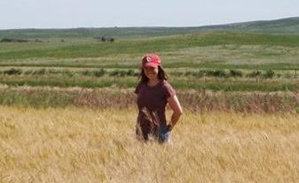
Although I didn’t grow up on a farm and I hadn’t worked a farm before I came to Vilicus, I was instilled with the importance of working with and caring for the land from an early age. I hope to one day manage a symbiotic livestock and crop operation that also functions as an informal think tank, community center and learning vacation destination. This operation would have the capacity to mentor those who want to break into ranching and farming but don’t have the background or capital to do so independently, and would work to encourage awareness, passion, and support for sustainable agriculture through educational programming.
As the organic agriculture movement continues to grow, I believe that the goals of its farmers and ranchers should expand to not only advocate for more effective and widespread sustainable practices, but should also address structural and cultural barriers which largely render larger-scale organic agriculture inaccessible to people of color and people who aren’t from agricultural families or communities. It’s also crucial that the many misconceptions surrounding agricultural work (that farmers are unintelligent, uncultured, out of touch) are deconstructed in order to engage new farmers who are so desperately needed now that the population of established farmers is rapidly dwindling. Pressing issues such as climate change, the severe lack of accessibility to healthy food for disadvantaged populations, and the near-impossibility of starting a financially viable farm from scratch all necessitate that young farmers work to demand policies, societal support, and a cultural presence which would allow them to work on a larger and more impactful scale.
JOE VELK 2015-2018

Although I have not farmed myself, one could say agriculture is in my blood. My family has owned a farm north of Havre for over one hundred years. As far back as I can trace my ancestry on my father’s side they have all been farmers. When I was a bit younger I got in some trouble and as a result I spent three years in prison. It was there that I realized I no longer wanted to drift through life and needed a worthy purpose. I decided then that I wanted to be a farmer. A return to my cultural heritage was very appealing to me.
Organic farming is much more complex than conventional farming. It takes more organization thought and time. Many people think that farming is no more than driving a tractor back and forth across a field. This is far from the truth. It is very obvious to me that large scale farming in America must change or the agricultural system will collapse. I want to be one of the forerunners making these necessary changes.
DANE JOHNSON 2015

My vision is to orchestrate an efficient and sustainable operation that incorporates the unique regional ecosystem into my farming practices rather than depleting it, with goals to derive a healthy and natural crop. Modern farming is in dire need of an exponential shift back towards its singular purpose of producing a natural crop with the objective of providing a natural food supply.
LIANA NICHOLS 2015
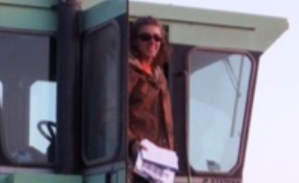
I envision a future where mainstream agriculture not only seeks to produce yields, but does so while preserving ecosystem functioning such as efficient nutrient cycling, biologically active soil, clean air and water, and wildlife habitat. This will require new metrics of success for agriculture that go beyond dollars-in:yield-out efficiency to include ecological services we derive from well-managed farmland.
LAUREL JOHNSON 2014
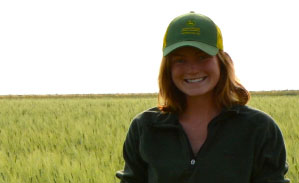
I am committed to promoting an agricultural ethic in this country by modeling sustainable alternatives to chemical based farming practices. I believe our culture is paying a price for the disconnect between our lives and the food we consume. We are all dependent upon the agriculture system, but far too few of us are actively engaged in understanding where are food comes from. The detrimental effects of poor land stewardship and unsustainable farming practices reverberate through society and affect everyone whether they are directly aware of it or not. Organic farms and food producers create opportunities for people to support farmers who believe that systems in nature are the answers and obstructions to food production.
NATHAN AUSTIN-POWELL 2013
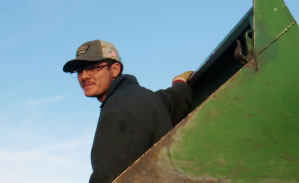
If someone asked me why I wanted to farm, I would say it is because of the need for more producers of high quality food, and farmers who are conscientious about the long term effects of agricultural operations. The biggest challenge to sustainability in agriculture is developing a generation of educated farmers who can take over management of farmland throughout the country, and radically change crop and livestock production practices.
Partners in Growing New Farmers
If you are an organization or other interested party that would like to help sponsor the training of new farmers, please contact us to find ways you can be involved in this fundamentally important endeavour. For more information, email our Apprenticeship Coordinator at [email protected]
Past


